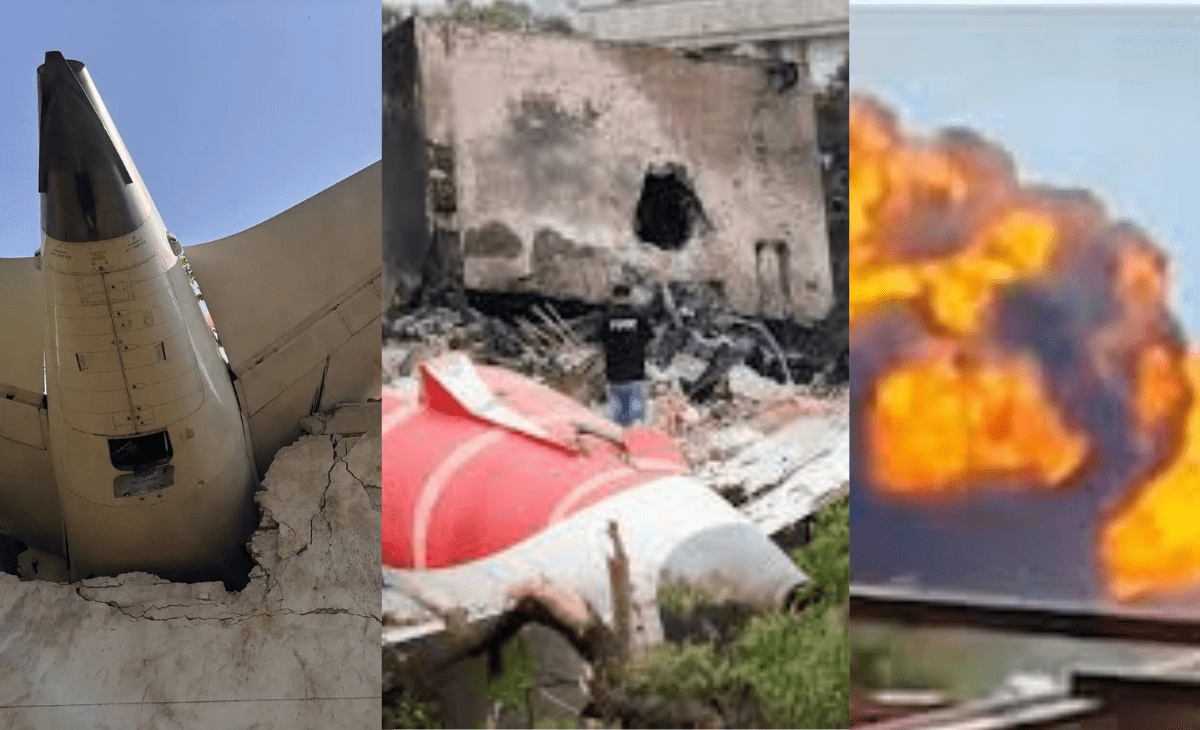Shrey Awasthi
The recent air crash involving a flight from Ahmedabad to London has sent shockwaves across the aviation sector and shaken the faith of travellers worldwide.
Though rare, such tragedies underline the importance of strict adherence to safety, efficient management and the need for better systems to prevent similar incidents in the future. While investigations are still underway to determine the exact cause, several key lessons can already be drawn from the incident.
- Strengthening pre-flight technical checks
One of the early concerns raised was whether adequate maintenance checks were conducted before takeoff. This incident reminds aviation authorities and airlines alike of the non-negotiable importance of thorough and standardised technical inspections. No aircraft should be cleared for departure without passing all essential safety protocols.
Lesson: Airlines must enforce a culture where safety takes precedence over schedules or costs.
- Air traffic communication and emergency response
Reports suggest that communication between the flight crew and air traffic control (ATC) was unclear or delayed at crucial moments. Effective communication during emergencies can save lives and prevent escalation of issues.
Lesson: Real-time, uninterrupted coordination between pilots and ATC is critical. Regular emergency simulation drills should be mandatory for both.
- Pilot training and human factors
Even with the most advanced systems, human decision-making plays a pivotal role. The incident highlighted potential gaps in crew preparedness when dealing with in-air emergencies over international routes.
Lesson: Continuous and updated pilot training is essential, especially for handling high-pressure scenarios over long-haul flights.
- Crisis management by airlines
The response of the airline in handling the post-crash situation — communicating with families, managing the media and providing assistance — will long be remembered. While some efforts were commendable, many felt that the airline fell short in transparency and timely support.
Lesson: Airlines must have a robust crisis response framework, including dedicated teams for passenger family support and real-time information sharing.
- Role of aviation regulators
This incident underscores the need for more vigilant oversight by regulatory bodies such as the DGCA in India and the CAA in the UK. Routine audits, surprise inspections, and greater international coordination are now more crucial than ever.
Lesson: Regulators must adopt a more proactive and globally aligned safety compliance mechanism.
- Passenger awareness and safety education
Few passengers know how to react in emergencies. Airlines often treat safety briefings as a formality. In high-risk situations, that knowledge can be life-saving.
Lesson: Airlines should innovate their safety demonstrations and engage passengers more actively in safety awareness.
The Ahmedabad-London flight crash is a heartbreaking event, but also a powerful call to action. As investigations continue, what matters now is how stakeholders — from airlines and regulators to crew and passengers — respond and improve. The goal must be clear: to ensure safer skies for all, so that no such tragedy is ever repeated.






